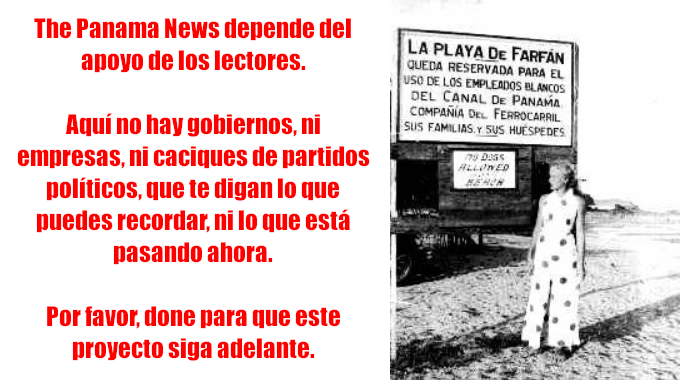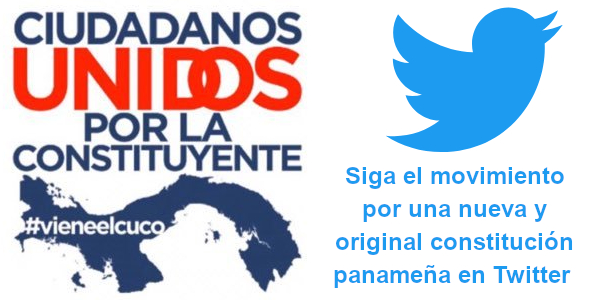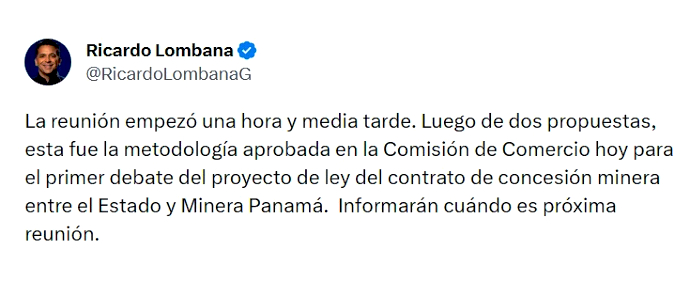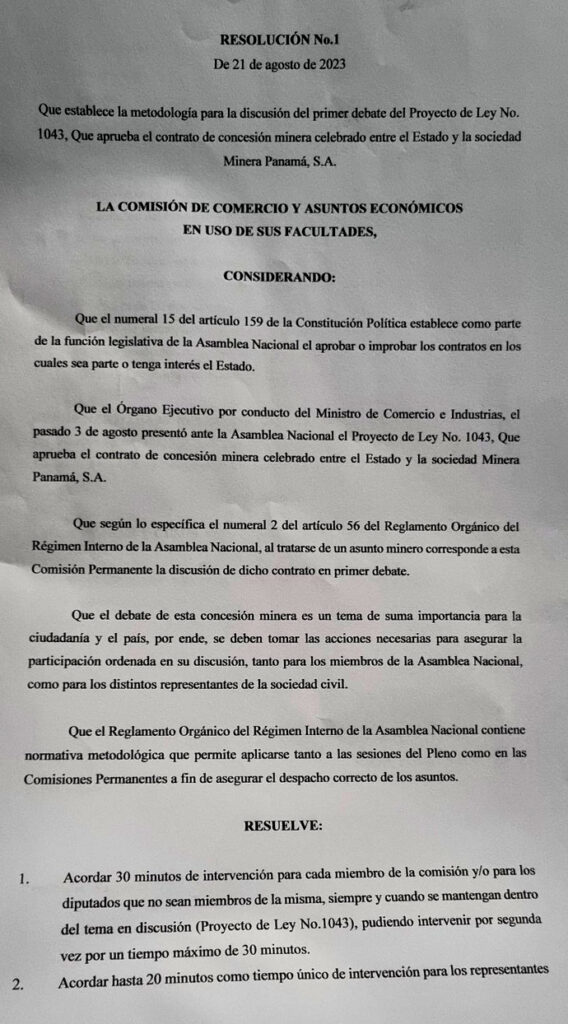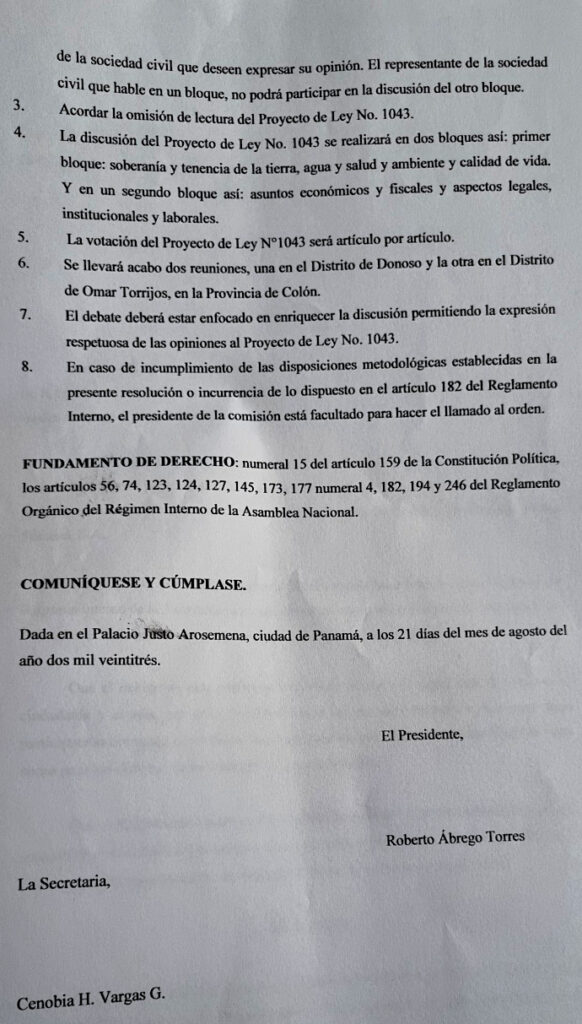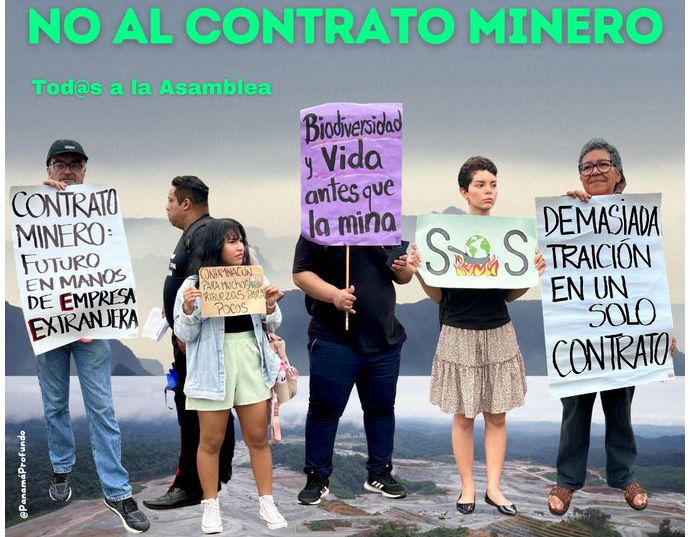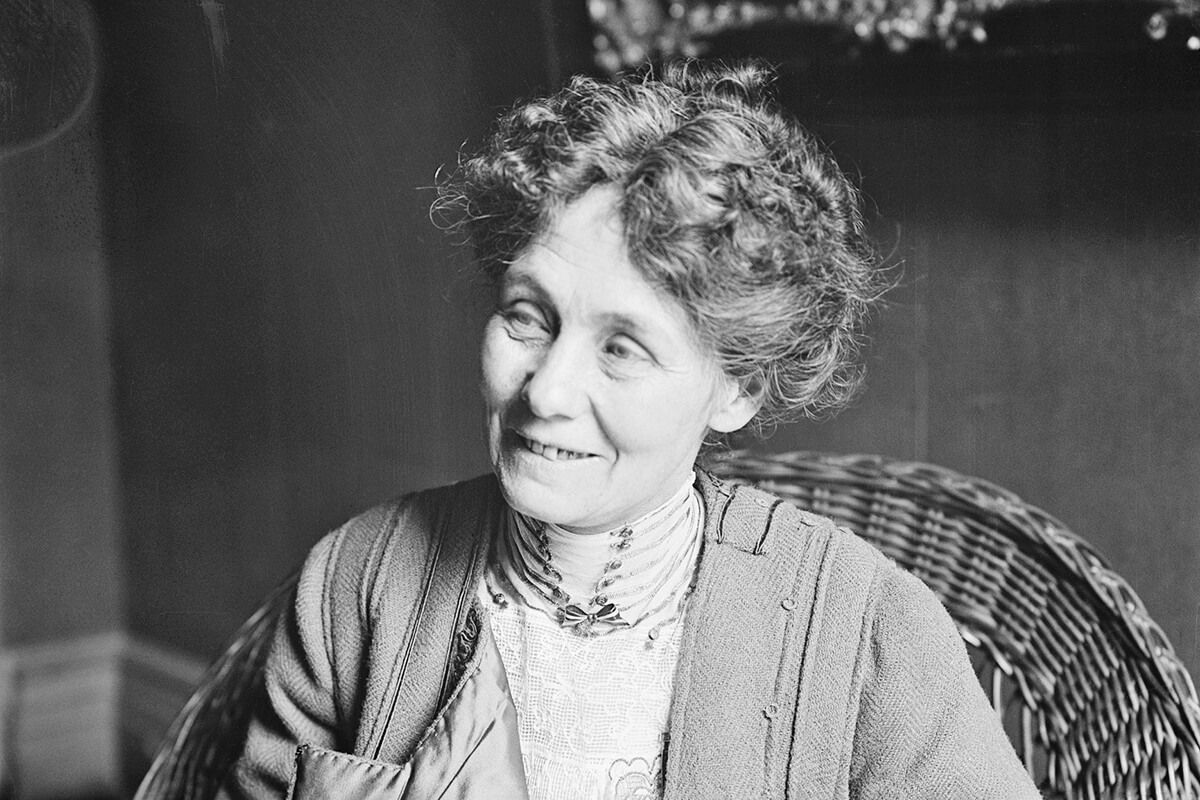Un nuevo estudio publicado en Nature, que combina datos térmicos obtenidos por satélite y datos de calentamiento in situ, revela que un porcentaje de las hojas tropicales están experimentando temperaturas a las que ya no pueden funcionar. En el Martijn Slot Lab en Cerro Jefe: La ex pasante de STRI, Daniela Cala, ahora estudiante de posgrado en la Universidad de Indiana, realizó algunos de los análisis que ayudaron a determinar la tolerancia al calor de las hojas, en un artículo de 2020 en Plant, Cell & Environment. Foto por Jorge Alemán.
Los bosques tropicales acercan a un umbral crítico
de altas temperaturas, pero aún hay tiempo para actuar
por STRI
Tras la semana más calurosa registrada en el planeta Tierra, un nuevo estudio en el que participaron científicos del Instituto Smithsonian de Investigaciones Tropicales (STRI) encontró que las copas de los bosques tropicales podrían estar más cerca de lo que se pensaba a umbrales críticos de altas temperaturas, pero que lograr una mitigación moderadamente ambiciosa del cambio climático podría evitar alcanzar estos peligrosos umbrales.
El nuevo estudio combina datos térmicos obtenidos por satélite y datos de calentamiento in situ de todos los bosques tropicales del mundo, incluyendo datos de tolerancia térmica y de temperatura de las hojas obtenidos en Panamá por el laboratorio del científico de STRI Martijn Slot, para analizar la variación de las temperaturas de las hojas en las copas de los bosques.
“Mis estudiantes y yo dedicamos mucho tiempo a medir cuidadosamente la temperatura de las hojas y las temperaturas críticas para su supervivencia”, dijo Slot. “Ver esto utilizado para apoyar las predicciones de los efectos del cambio climático a largo plazo en los bosques tropicales es emocionante”.
El equipo descubrió que algunas hojas del dosel pueden estar mucho más calientes que la temperatura media del dosel. Es decir, un pequeño porcentaje de hojas tropicales ya está alcanzando y, en ocasiones, superando las temperaturas a las que ya no pueden funcionar. Esto sugiere que copas enteras podrían morir a medida que avance el cambio climático. Estos hallazgos tienen graves implicaciones porque los bosques tropicales albergan la mayor parte de la biodiversidad mundial y son reguladores importantes del clima.
En el pasado, medir con precisión las temperaturas de las hojas y del dosel de los bosques tropicales ha sido difícil y ha llevado mucho tiempo. Sin embargo, gracias a la combinación de mediciones terrestres de la temperatura de las hojas tropicales, experimentos de calentamiento de hojas en tres continentes y datos de alta resolución de un nuevo instrumento de imágenes térmicas de la NASA instalado en la Estación Espacial Internacional, el Dr. Christopher Doughty, autor principal del estudio, y sus coautores pudieron desarrollar una comprensión exhaustiva de la temperatura actual de las hojas de los bosques tropicales y modelar los cambios que podrían esperarse en función del calentamiento global antropogénico.
El estudio, titulado “Tropical forests are approaching critical temperature thresholds”, se publicó el 23 de agosto en la revista Nature.
Uno de los principales resultados es la estimación de la proporción de hojas que podrían acercarse a temperaturas críticas en caso de futuros aumentos de la temperatura del aire de 2, 3 o 4 °C (bajo distintos escenarios de calentamiento por el cambio climático). Para ello, el estudio reunió datos de experimentos de calentamiento de las hojas de las copas de los árboles de Brasil, Puerto Rico y Australia.
“Nos sorprendió mucho que cuando calentábamos las hojas 2, 3 o 4 °C, las temperaturas más altas de las hojas aumentaban por 8 °C. Esto muestra una preocupante reacción no lineal que no esperábamos”, afirma Doughty, profesor asociado de Ecoinformática en la Universidad del Norte de Arizona. El resultado es que más del 1% de las hojas de los experimentos de calentamiento del dosel superaron los umbrales críticos de temperatura, estimados en 46.7 °C, al menos una vez al año, lo que supera en dos órdenes de magnitud el porcentaje de hojas que superan este umbral actualmente.
Los autores también midieron las temperaturas máximas de las copas de los árboles en todos los bosques tropicales de Sudamérica, África y el Sudeste Asiático utilizando un nuevo satélite de la NASA, el ECOsystem Spaceborne Thermal Radiometer Experiment on Space Station (ECOSTRESS), que brinda la mayor combinación de imágenes térmicas de resolución espacial y temporal jamás obtenida, y descubrieron que durante los periodos secos y cálidos copas enteras podían superar los 40 °C.
“Históricamente, hemos estudiado árboles individuales para recopilar datos a pequeña escala o hemos utilizado instrumentos de satélite para recopilar datos a gran escala. Lo que faltaba era una forma de recopilar datos a pequeña escala a través de los trópicos”, explicó el coautor del estudio, el Dr. Joshua Fisher, que ayudó a lanzar el satélite ECOSTRESS mientras trabajaba como científico de la NASA en el Laboratorio de Propulsión a Reacción (JPL) hace 5 años y ahora es profesor asociado de Ciencia y Política Medioambiental en la Universidad de Chapman. “Ahí es donde recurrimos a la teledetección por satélite. Pudimos medir directamente la temperatura de los árboles con una resolución increíblemente alta, desde el espacio, utilizando la teledetección infrarroja térmica.”
Con los datos de alta resolución sobre la temperatura de las hojas y las copas, el estudio simuló el destino de los bosques tropicales en futuros escenarios de calentamiento global. Los autores analizaron el impacto del aumento en la temperatura del aire y tuvieron en cuenta la posibilidad de una mayor frecuencia de sequías, que elevaría aún más la temperatura del aire y reduciría la capacidad de enfriamiento por evaporación de las plantas, acelerando la mortalidad de los árboles. A medida que las hojas morían en el modelo, ya no podían ofrecer enfriamiento adicional, acelerando aún más el calentamiento.
Bajo los escenarios más probables, el modelo predijo que los bosques tropicales podrían soportar hasta 3.9 °C de calentamiento adicional provocado por el cambio climático antes de que las hojas experimentaran un cambio en su función metabólica y una posible muerte. Se prevén temperaturas superiores a los 3.9 °C en los escenarios de cambio climático global “si no hacemos nada”.
Los investigadores señalaron que sus proyecciones podrían variar, ya que tanto los patrones climáticos como la sequía o las actividades humanas como cambios en el uso del suelo influyen sobre los factores clave que determinan la muerte de las plantas.
“Las proyecciones de nuestro modelo no son el destino”, dijo el Dr. Doughty. “Pero sugieren que los trópicos podrían evitar este destino con algunas medidas básicas de mitigación del cambio climático. Además, ayuda a señalar algunas áreas clave que necesitan más investigación, como entender si los árboles tropicales pueden cambiar sus umbrales máximos de temperatura”. Aunque los ecosistemas forestales tropicales ya son relativamente cálidos, investigaciones anteriores sugieren que no están aclimatados a grandes oscilaciones de temperatura.
Además, la investigación descubrió que, dado que el Amazonas ya experimenta temperaturas ligeramente más altas que la cuenca del Congo, corre un riesgo mayor. De hecho, investigaciones anteriores han demostrado que los árboles están muriendo a un ritmo acelerado en el Amazonas, en comparación con África Central, lo que sugiere que las altas temperaturas podrían ser parcialmente culpables de este aumento de la mortalidad.
“Romper los umbrales de viabilidad térmica de los biomas forestales tropicales, que albergan la mayor parte de la biodiversidad del planeta, podría considerarse un importante punto de inflexión para la biosfera terrestre”, dijo el coautor, Yadvinder Malhi, profesor de la Universidad de Oxford.
Dado el papel clave de los bosques tropicales para albergar la diversidad de especies y regular el clima, entender lo que les depara el futuro podría ayudarnos a comprender la trayectoria de nuestro planeta.
El Dr. Doughty subrayó que los peores escenarios son más que evitables, y que el mundo tiene la oportunidad de actuar ahora. Dijo: “Evitando las altas emisiones y la deforestación, podemos proteger el destino de estos territorios críticos para el carbono, el agua y la biodiversidad”.
Con datos de alta resolución sobre la temperatura de las hojas y las copas, el estudio simuló el destino de los bosques tropicales en futuros escenarios de calentamiento global. Foto por Kali Middleby.
Contact us by email at / Contáctanos por correo electrónico a fund4thepanamanews@gmail.com
To fend off hackers, organized trolls and other online vandalism, our website comments feature is switched off. Instead, come to our Facebook page to join in the discussion.
Para defendernos de los piratas informáticos, los trolls organizados y otros actos de vandalismo en línea, la función de comentarios de nuestro sitio web está desactivada. En cambio, ven a nuestra página de Facebook para unirte a la discusión.
~ ~ ~
These announcements are interactive. Click on them for more information.
Estos anuncios son interactivos. Toque en ellos para seguir a las páginas de web.



